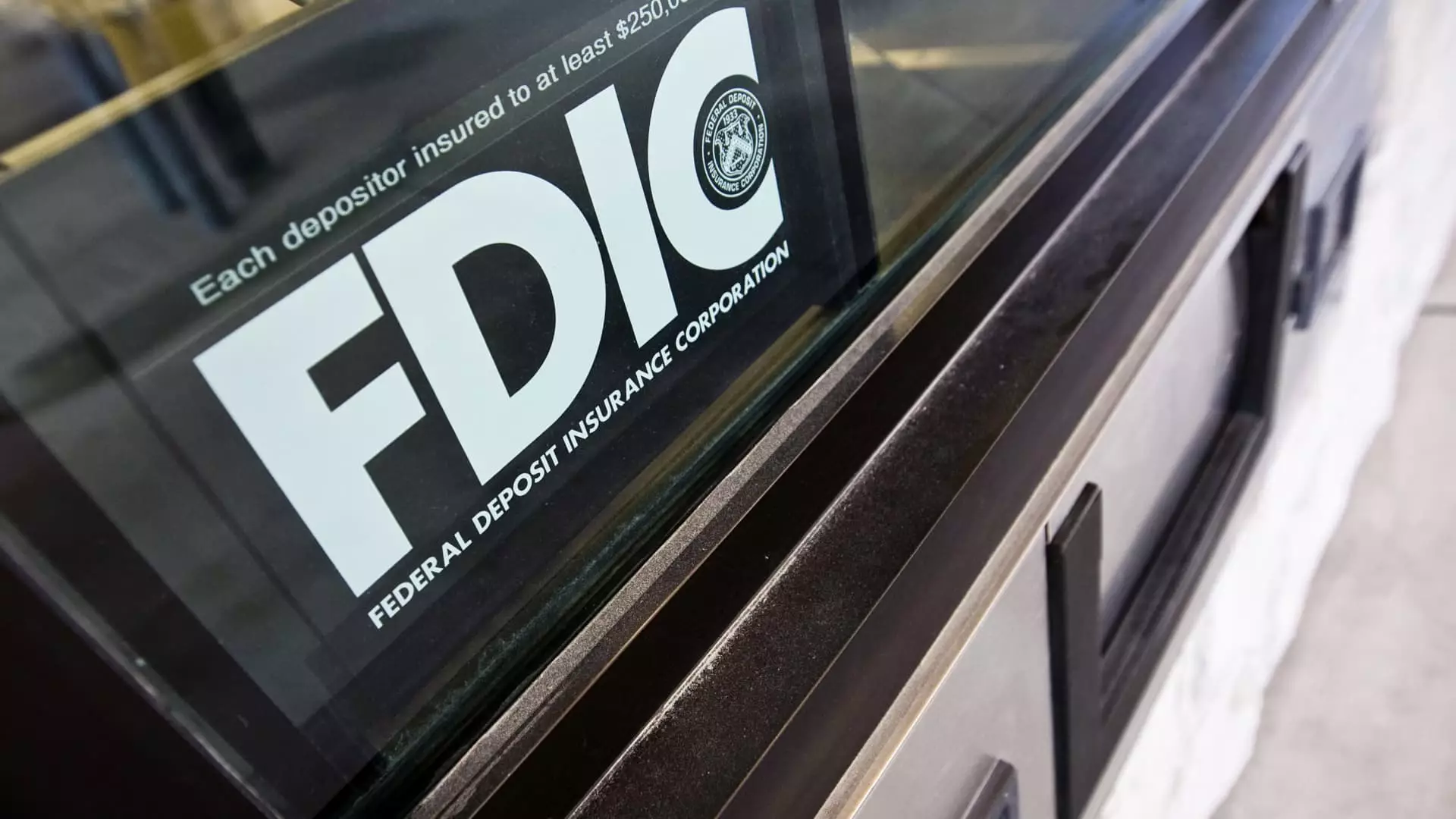In the wake of President-elect Donald Trump’s anticipated second term, significant changes to federal oversight and regulatory frameworks loom on the horizon. Key proposals include potential closures of essential agencies like the Federal Deposit Insurance Corporation (FDIC) and the Consumer Financial Protection Bureau (CFPB), stirring diverse opinions on the implications of these reforms. As we examine these proposals and their possible ramifications, it’s crucial to understand the fundamental roles of these agencies and the potential consequences of their dismantlement.
With a focus on government efficiency, Trump has introduced a new advisory board known as the Department of Government Efficiency (DOGE) co-chaired by notable figures such as Elon Musk and Vivek Ramaswamy. This board’s mission appears to center on scrutinizing existing federal structures for redundancies and inefficiencies. Initial discussions, as reported by The Wall Street Journal, suggest that one key target may be the FDIC, the agency tasked with protecting depositors’ interests by insuring deposits up to $250,000 per depositor, per bank. The FDIC’s establishment during the Great Depression served as a critical response to the banking crises of that era; a similar promise of protection and financial stability is arguably needed today.
Musk has been particularly vocal, signaling a desire to “delete” the CFPB, which plays a pivotal role in enforcing consumer protection laws established after the 2008 financial crisis. By suggesting the integration of the roles of these agencies into the Treasury Department, proponents of agency consolidation argue that minimizing bureaucracy could lead to more streamlined governance and reduced expenditure.
While the aim of increasing governmental efficiency appeals to some, critics argue that eliminating or scaling back critical regulatory agencies could threaten consumer protection. Financial experts, including former FDIC chairman William Isaac, have asserted that the agency has established an unprecedented stability in the banking sector. For many depositors, the assurance that their funds are safeguarded against bank failures underpins their confidence in the financial system.
Brett House, an economist at Columbia Business School, warns that dismantling the FDIC could have dire consequences, particularly for smaller regional banks, which typically rely on deposit insurance to foster consumer trust and drive lending to local businesses. Without such assurances, the ability of these institutions to function effectively could be severely compromised, potentially stunting economic growth at the community level.
The CFPB also faces scrutiny from lawmakers seeking increased independence from political influence. Unlike the FDIC, which is funded through insurance premiums and taxpayer backing, the CFPB obtains its resources from the Federal Reserve. This difference limits political meddling yet raises concerns over its operational transparency, especially during periods of partisan tension. However, consumer advocacy groups maintain that the CFPB has been essential in protecting vulnerable borrowers from predatory lending practices.
As discussions of agency closure progress, it’s important to note that any substantial alterations to federal agencies like the FDIC or CFPB would require Congressional approval. This presents both a challenge and an opportunity for policymakers, particularly as public opinion oscillates around these agencies’ efficacy. Recent endeavors by the Consumer Bankers Association to propose reforms to the CFPB underscore the contentious landscape these discussions inhabit.
Amidst the controversial discourse surrounding regulatory frameworks, stakeholder perspectives occupy pivotal roles. While proponents of efficiency argue for a streamlined government, consumer advocates, financial experts, and former agency leaders caution against placing financial protections and consumer rights at risk for the sake of budgetary cuts.
In the backdrop of these deliberations lies an ongoing debate about the true meaning of governmental efficiency. While expert suggestions include reevaluating the roles and scopes of existing agencies, critics advocate for maintaining essential consumer protections. As former FDIC chairman Isaac notes, the government can certainly eliminate unnecessary expenditure, but it must do so without compromising public trust and economic stability.
The potential restructuring of agencies like the FDIC and CFPB under the Trump administration raises vital questions about the balance between efficiency and consumer protection. With stakeholders on all sides battling over the future of these critical institutions, a consensus must be pursued that safeguards both the economy’s robustness and the public’s interests. The road ahead may prove contentious, but it’s crucial to navigate this landscape with an understanding of both the intent behind the proposed changes and the potential fallout from abandoning established protections.

